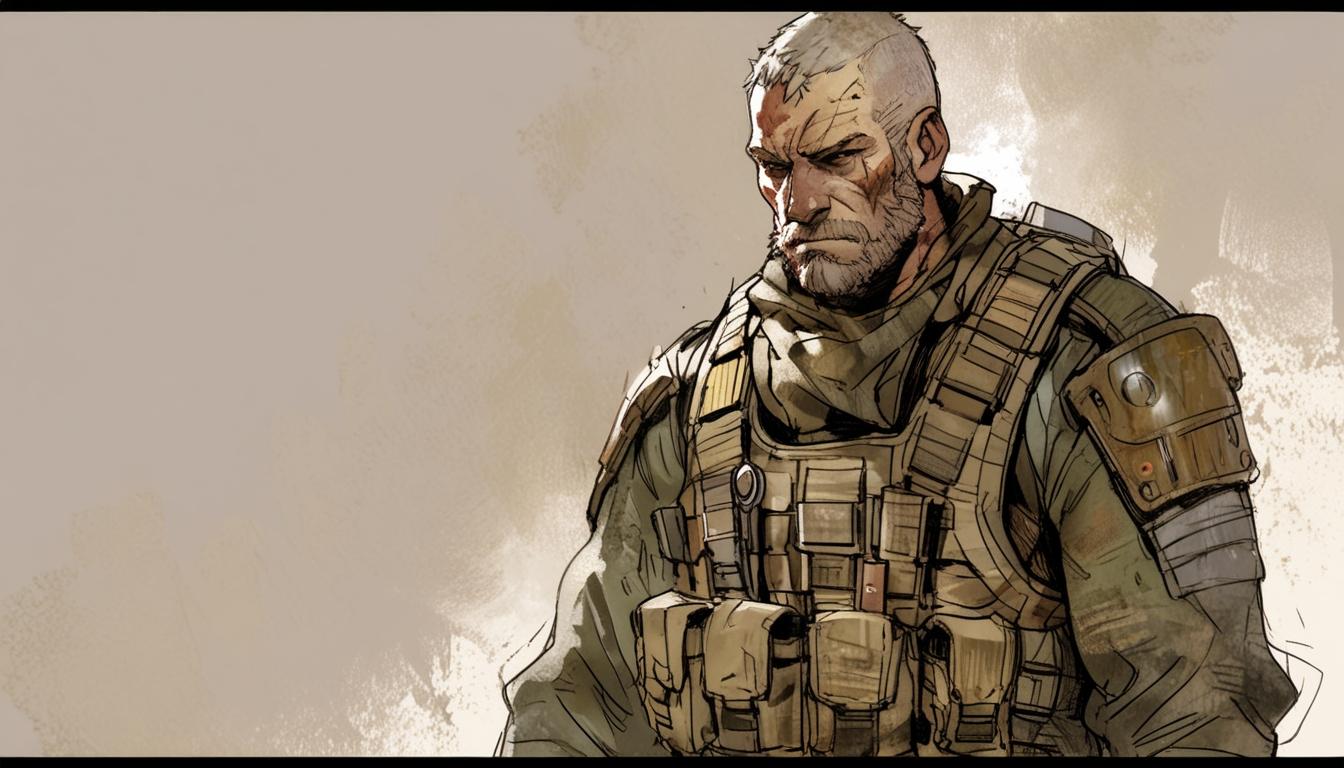The passing of Simon Mann, aged 72, in a gym may seem an unremarkable end for someone whose life was punctuated by extraordinary events—yet it is laden with irony. This Old Etonian, ex-SAS officer, and mercenary had danced with peril in ways most can hardly imagine. His sudden death has prompted quieter reflections within the close-knit fraternity of former military officers and mercenaries who ponder whether the shadows of his tumultuous past have finally caught up with him.
Mann's friends expressed shock at his demise, noting his rigorous fitness regime. "Simon was super fit," remarked Howard White, a long-time acquaintance. However, he added a sobering reality: "Five or six years in an African jail, with a hole in the ground for a toilet, did him much good." Such a statement rings particularly true, considering Mann had endured not one but two harrowing incarcerations that offered little by way of comfort or care. Both his time in Zimbabwe’s Chikurubi prison and the notorious Black Beach jail in Equatorial Guinea were marked by extreme conditions where many inmates perished from neglect or violence.
Mann’s notoriety largely stemmed from his role in the infamous "Wonga Coup" of 2004, which drew international headlines and painted him as a modern-day mercenary embroiled in a plot to overthrow Equatorial Guinea's long-standing dictator, Teodoro Obiang Nguema. The coup was fraught with dubious characters and ambitions that reached deep into the fabric of British society, connecting him to figures like Mark Thatcher, Lady Thatcher’s son, who faced legal repercussions himself amid the orchestrated chaos.
While Mann maintained a façade of the charming soldier of fortune, suggesting a romantic allure about his life, the grim realities of his actions and their repercussions were anything but glamorous. His plans to seize power for a former leader, which he claimed would open doors to lucrative oil contracts, culminated in his arrest upon arrival in Zimbabwe—a place where the quagmire of political alliances and oil interests complicated his fate. The murmurings surrounding his extradition to Equatorial Guinea suggest it was not merely a legal procedure but possibly an exchange tied to geopolitics and resource control.
His incorporation into the realm of private military companies paints a broader picture of his career trajectory. After his military service, Mann ventured into security, establishing connections that would see him embroiled in various conflicts, particularly in Africa. This transition to mercenary work was not merely a pursuit of wealth; it represented a continuation of his deep-seated military ethos and ambition.
For Mann, life inevitably became a rollercoaster of betrayal and redemption. After serving more than five years for his alleged crimes, he was granted a pardon by President Obiang on iota grounds, variously interpreted as a gesture of compassion or perhaps a political necessity. Many believed his willingness to reveal traitors within Equatorial Guinea's government may have influenced his early release. Regardless, he returned to the UK a changed man, reuniting with a son he had never met due to his imprisonment.
In the years that followed, he attempted to redefine himself beyond mercenary fame, turning to documentary filmmaking to shed light on conflict zones and their realities. He shared that engaging with the stories of others helped him find purpose, even as his own history remained unsettled. His reflections during interviews highlighted a burden of consciousness—how his past actions linger—as he noted: "The only way you can interpret pain is through your own."
Mann’s journey through a storied military family background, compounded by personal and political challenges, culminated in a life that balanced on the knife-edge of glory and infamy. His ability to navigate these tumultuous waters was inherent in his upbringing. Following his lineage, which featured military double decorees, set the stage for a man who craved action and adventure in an era that often romanticised such pursuits.
Ultimately, Mann's life serves as a profound narrative on the complexities of modern warfare, morality, and survival in a world where lines between right and wrong are often blurred. As tributes surface, reflecting his choices and experiences, it becomes clear that Simon Mann leaves behind a legacy that intertwines with the shadows of conflict, a reminder of a bygone era of mercenary drama that resonated with both audacity and tragedy.
Reference Map
- Paragraphs 1, 2, 3, 4, 5, 6, 7, 8, 9, 10
- Paragraph 4
- Paragraph 8
- Paragraph 8
- Paragraph 6
- Paragraph 6
- Paragraph 7
- Paragraph 2, 7
Source: Noah Wire Services
